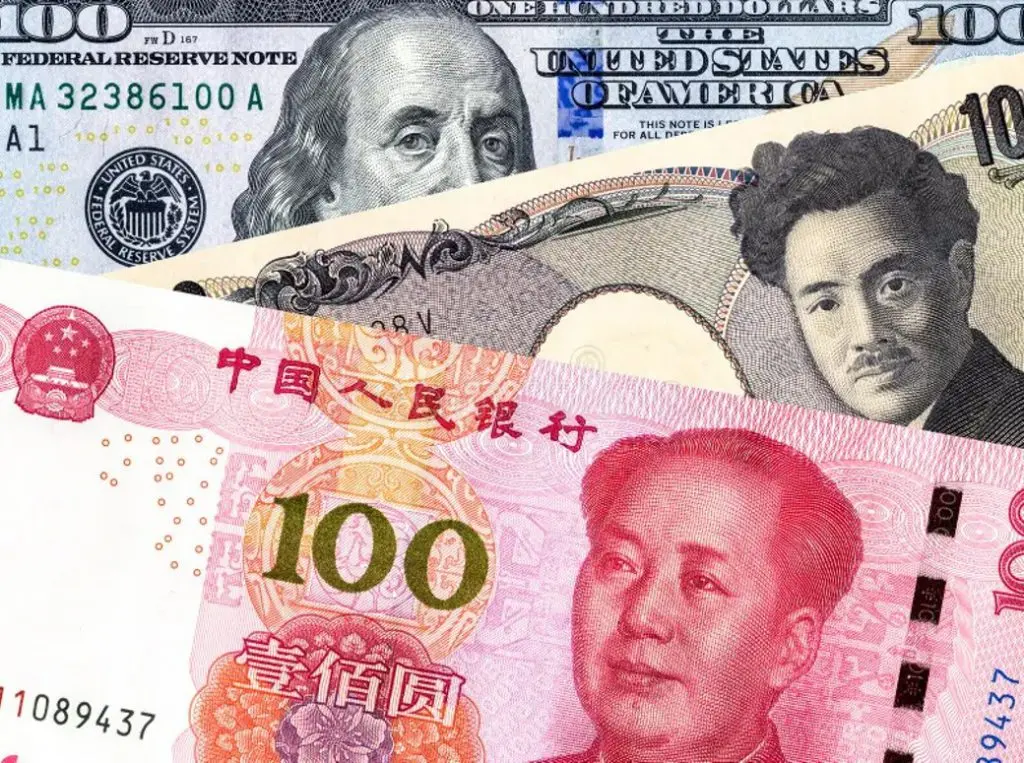
Japan sheds a significant portion of its U.S. debt holdings, mirroring a trend among BRICS nations.
New data reveals that by March 2024, Japan offloaded a staggering $63 billion worth of U.S. and European sovereign bonds. This figure represents nearly one-sixth of the Central Bank of Japan’s (BOJ) entire portfolio, marking a substantial shift in its investment strategy.
Losses Mount, Prompting Strategic Reshuffle
This move comes amidst mounting financial pressure in Japan. The BOJ now anticipates a net loss of a staggering 1.5 trillion yen (approximately $9.49 billion) for the current fiscal year – a figure tripled from previous estimates. This significant loss stems from the Bank’s miscalculation on interest rates. With the yen falling to a 34-year low against the US dollar, Japan is facing immense economic turmoil.
Echoing BRICS, Japan Diversifies Investments
The bond sale reflects a strategic shift similar to the BRICS alliance, which has been steadily reducing its holdings of U.S. Treasury bonds for over a year. Kazuto Oku, CEO of Japan’s Norinchukin Bank, confirmed the move was intended to mitigate risks. He stated that the Bank would reduce its exposure to interest-rate volatility by diversifying its investments into corporate assets, departing from its reliance on U.S. and European sovereign bonds. This strategy echoes China’s recent offloading of approximately $73 billion in U.S. bonds. By diversifying its portfolio, Japan aims to safeguard its financial stability in a volatile economic climate.
Uncertain Future for U.S. Debt Holdings
The combined actions of Japan and the BRICS nations raise questions about the future of U.S. debt holdings by foreign entities. Will this trend continue, and what potential impact could it have on the U.S. economy?


